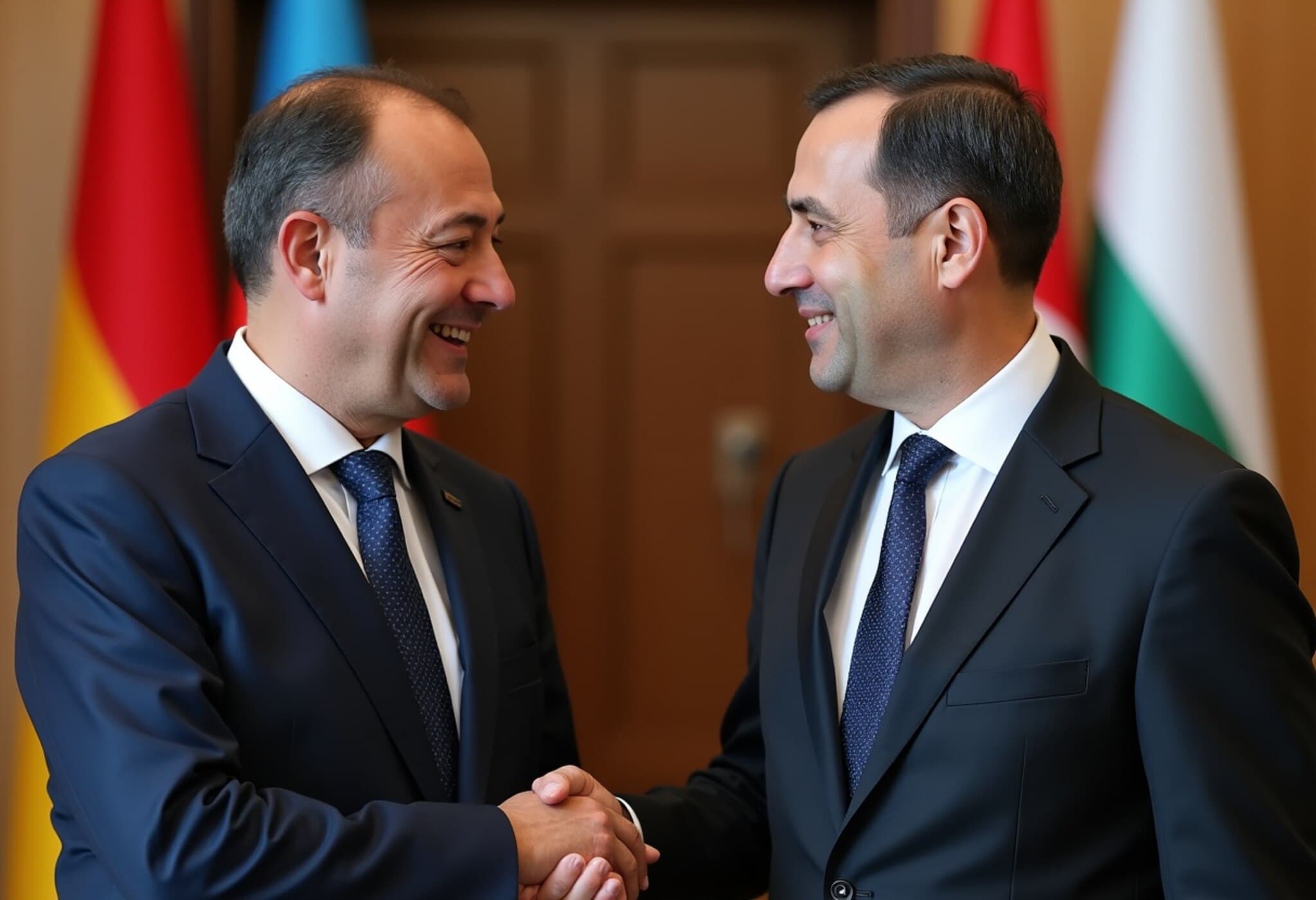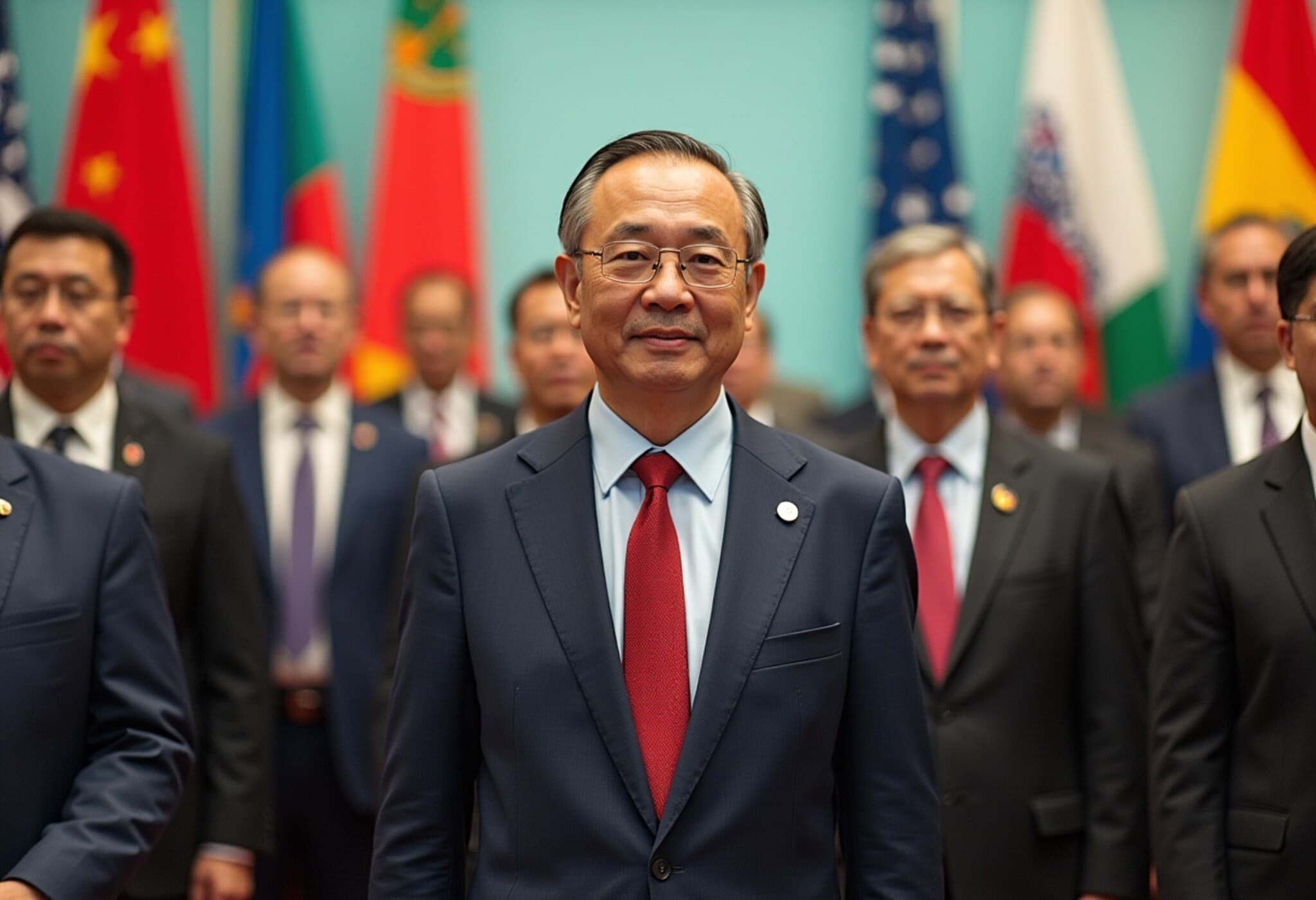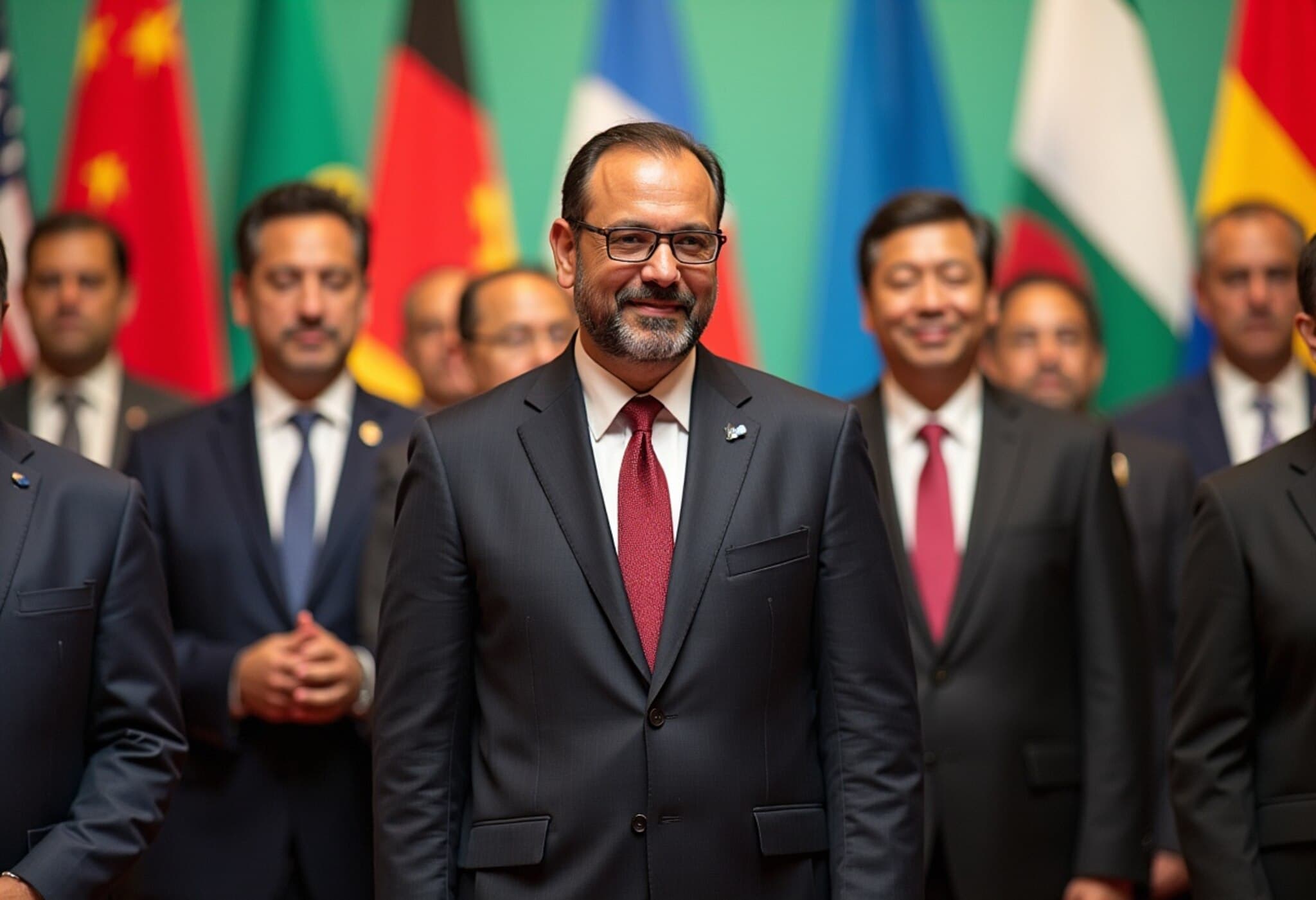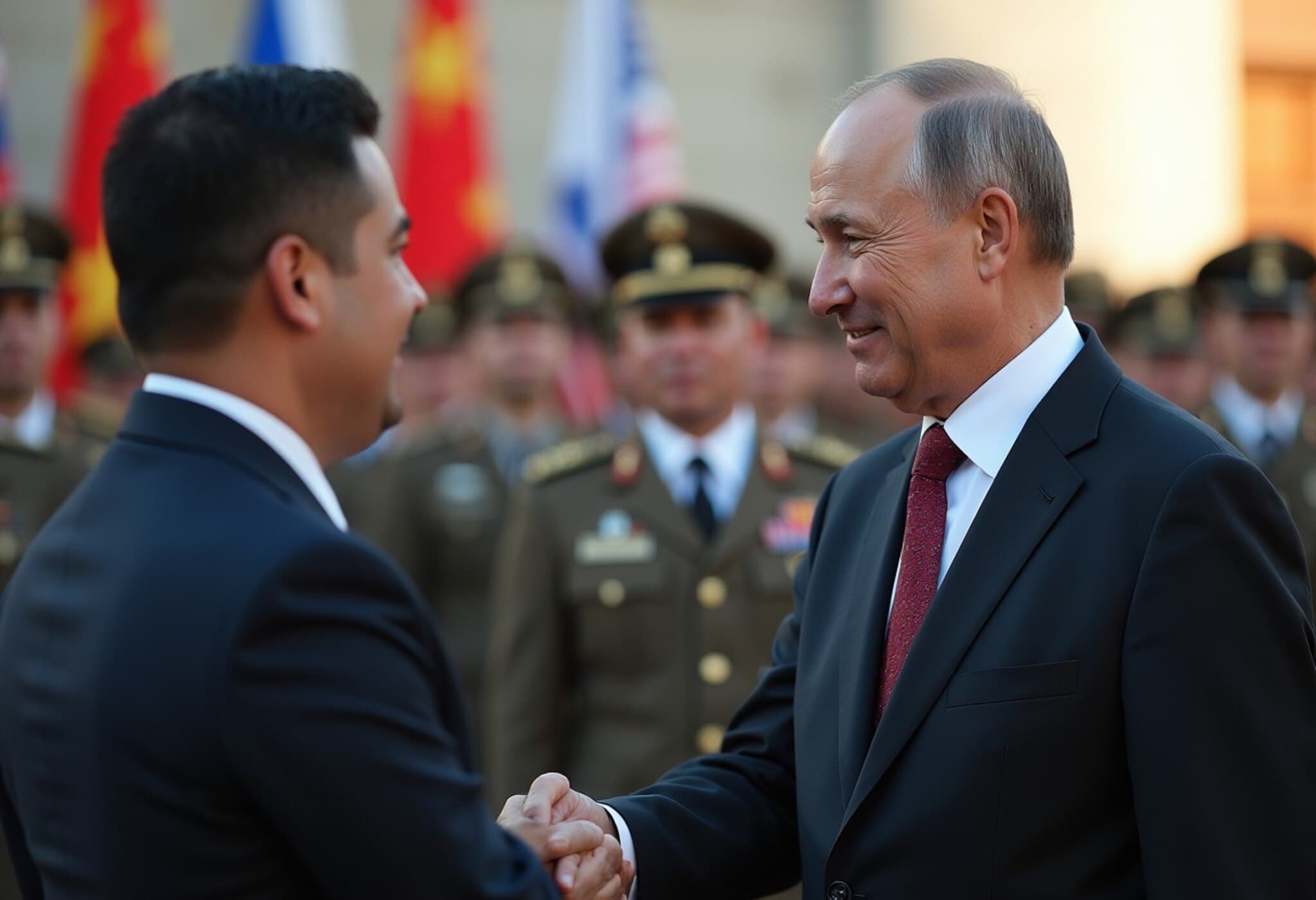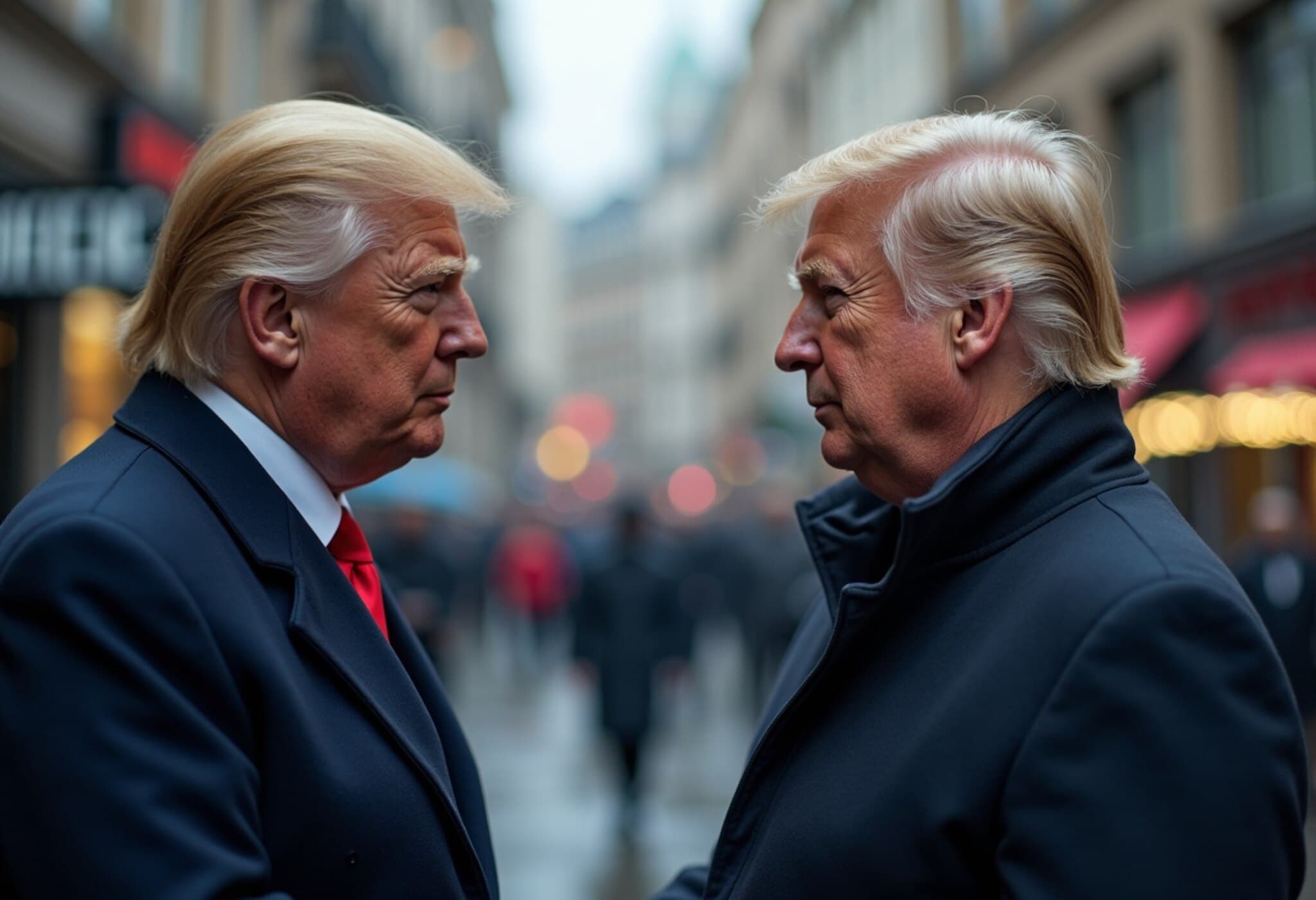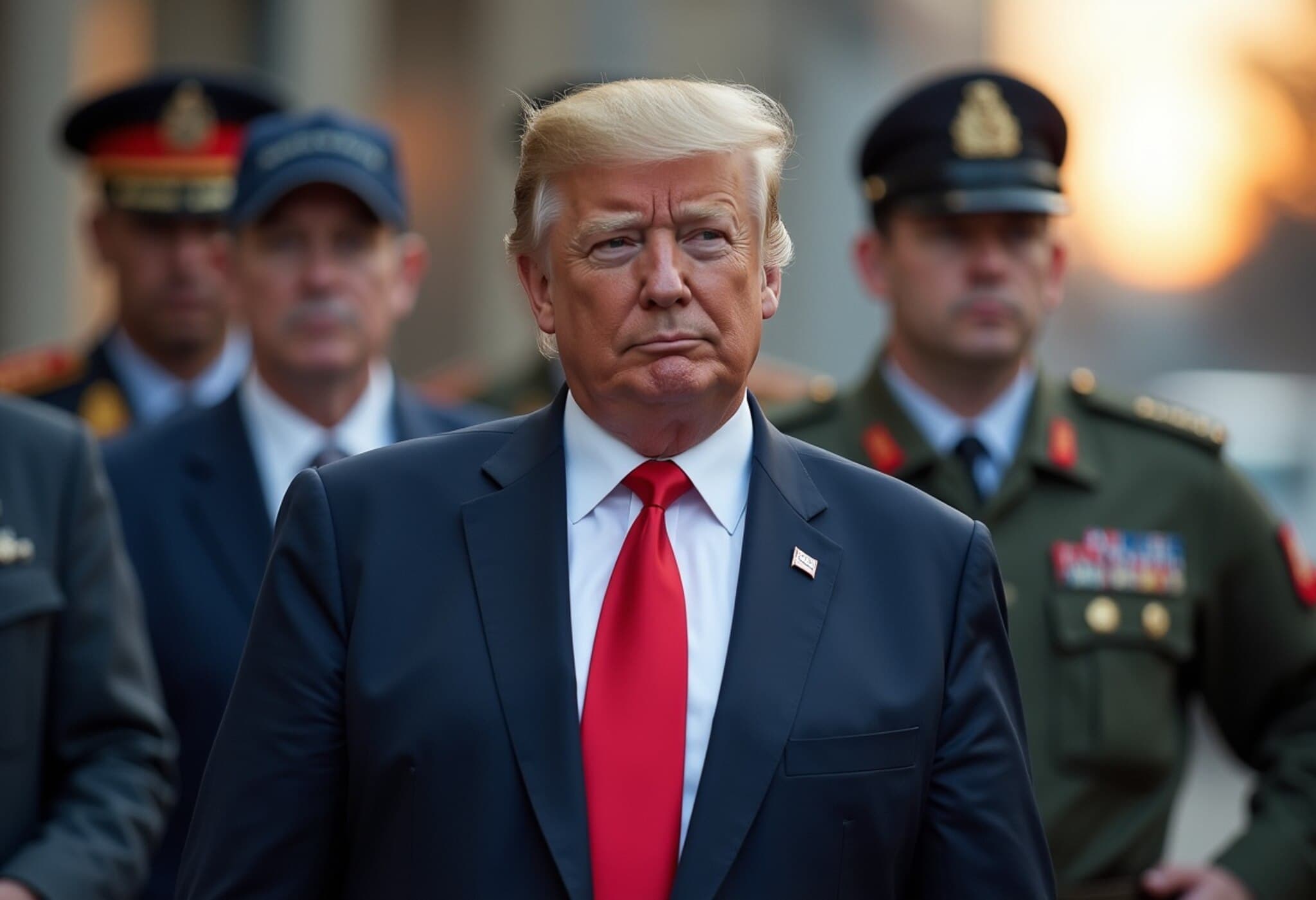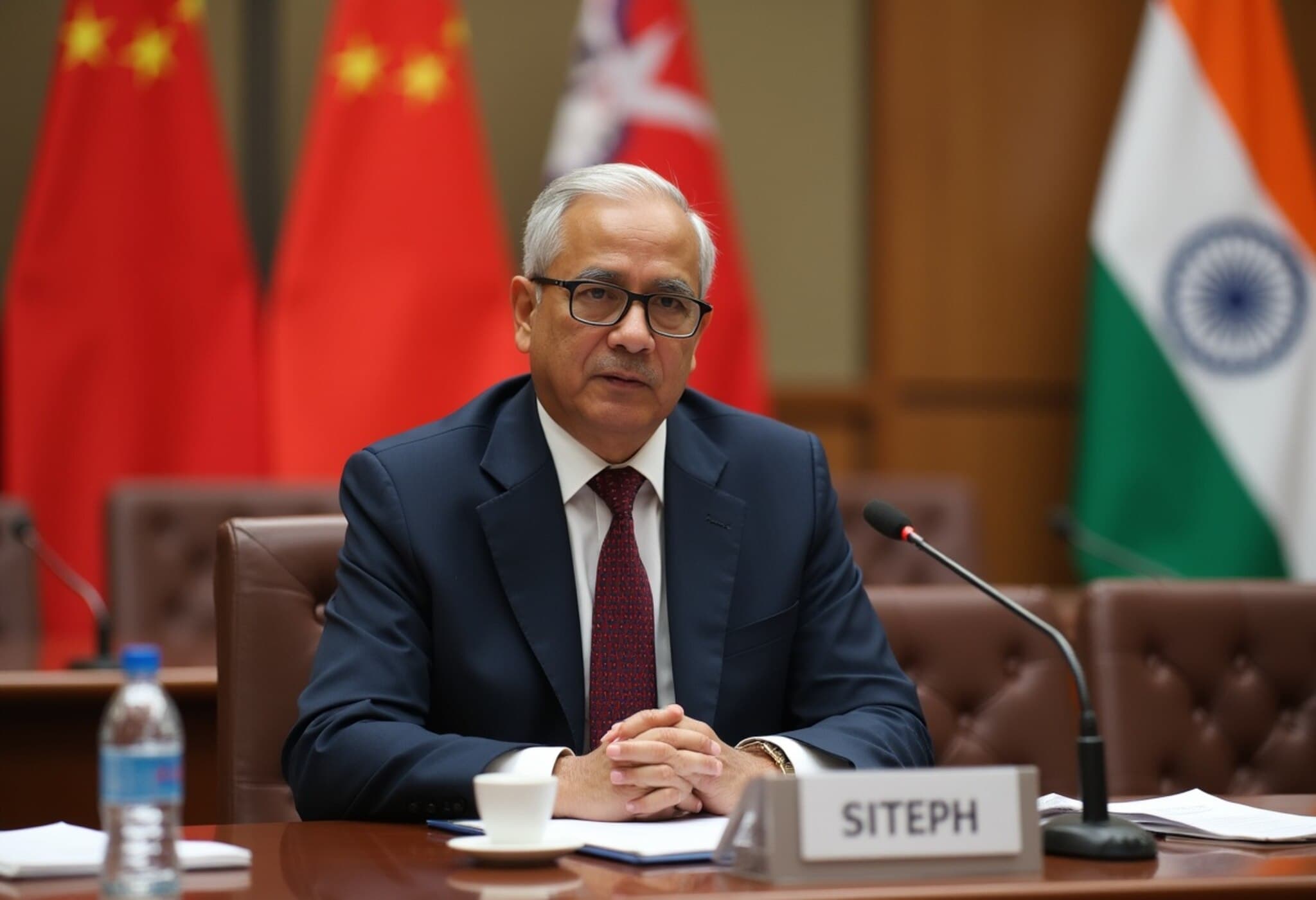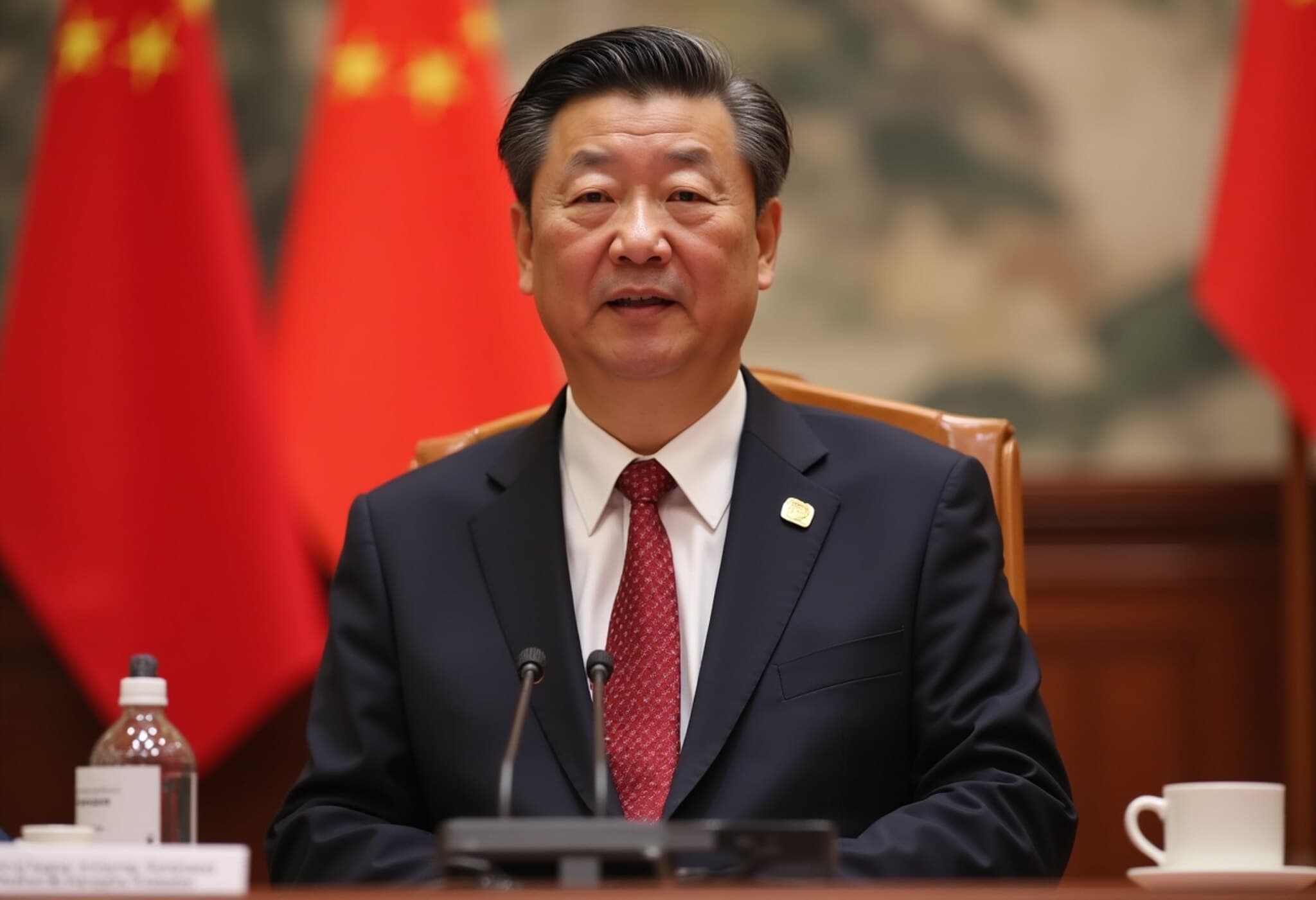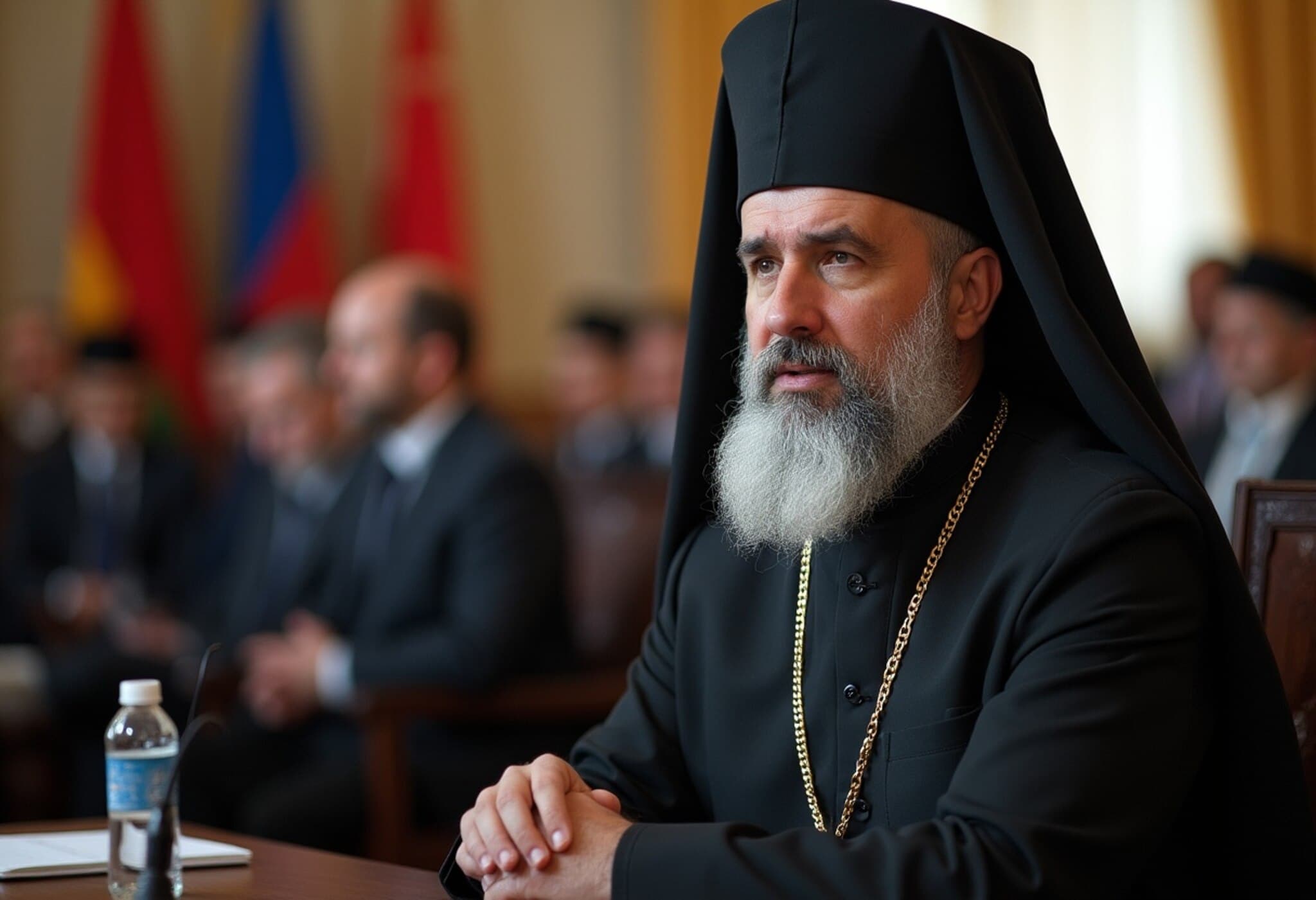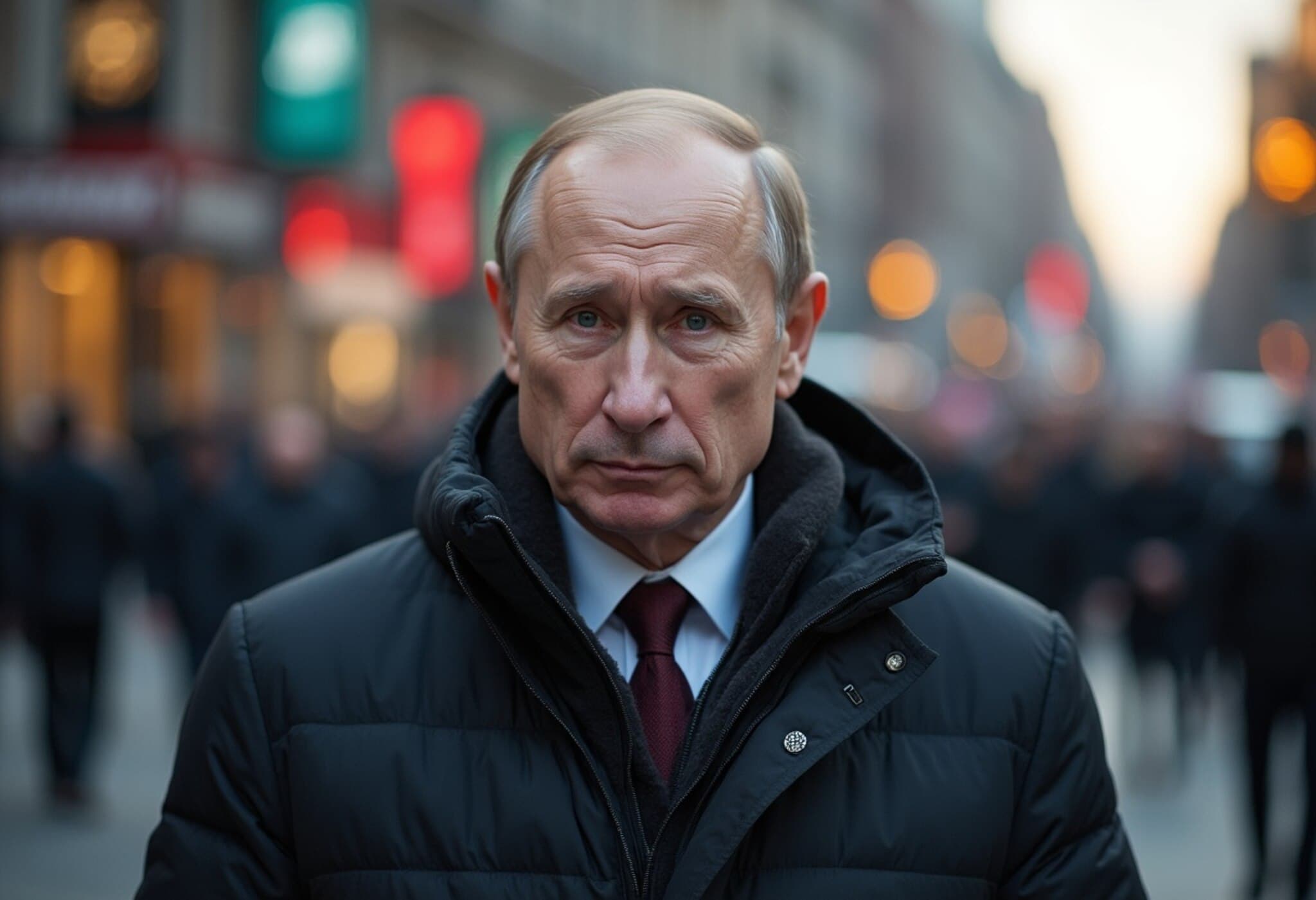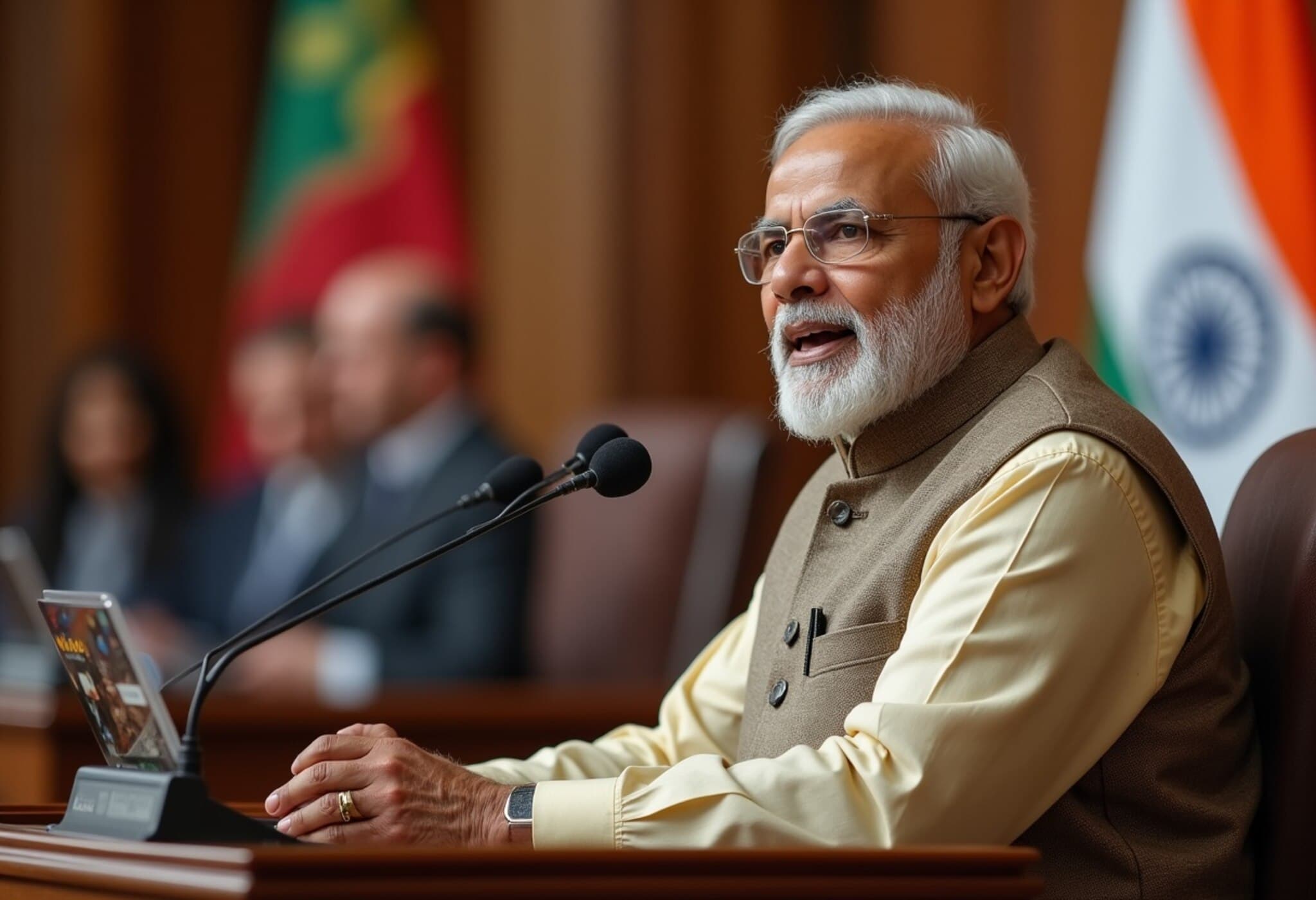Armenia and Azerbaijan Set for Landmark Peace Talks in Abu Dhabi
In a significant diplomatic development, Armenian Prime Minister Nikol Pashinyan and Azerbaijani President Ilham Aliyev are scheduled to meet on Thursday in Abu Dhabi to finalize a peace agreement that could end nearly four decades of bitter conflict.
Background: A Conflict Rooted in Deep History
The South Caucasus region has been a flashpoint since the late 1980s, centered around the contentious Nagorno-Karabakh territory. Predominantly inhabited by ethnic Armenians, Nagorno-Karabakh was internationally recognized as part of Azerbaijan but sought to break away with Armenia's support, igniting a series of wars and clashes that have cost thousands of lives and displaced tens of thousands.
Recent Developments and Challenges
Following Azerbaijan’s military recapture of Nagorno-Karabakh in September 2023, nearly all of the region’s roughly 100,000 ethnic Armenians fled to Armenia, creating a humanitarian crisis and deepening tensions. In March 2025, after months of shuttle diplomacy and international pressure—including efforts by Turkey and the United States—the two countries announced a finalized draft peace deal. Despite this breakthrough, the road ahead remains fraught.
- Ceasefire Violations: While military confrontations briefly surged after the announcement, recent weeks have seen a calm along the militarized border, signaling a tentative but hopeful shift.
- Disputed Constitutional Issues: Azerbaijan insists that Armenia amend its constitution to remove clauses that it interprets as territorial claims over Azerbaijani land. Armenia denies such claims but acknowledges the need to modernize its foundational charter.
- Transport Corridors: Azerbaijan demands the creation of a transport link through Armenian territory to connect Azerbaijan proper with Nakhchivan, an Azerbaijani exclave bordering Turkey. This remains a sensitive and complex issue with implications for regional geopolitics.
Diplomatic Context and Wider Implications
Prime Minister Pashinyan’s recent visit to Turkey and his meeting with President Recep Tayyip Erdogan have been hailed as groundbreaking and indicated Ankara’s support for Armenia’s peace initiatives. The United States has also publicly expressed hope for a lasting resolution, suggesting that a deal could help stabilize a strategically vital region that sits at the crossroads of Europe and Asia.
This Abu Dhabi meeting marks the first formal in-person encounter between Pashinyan and Aliyev since the March draft agreement—moving beyond brief informal talks. Observers view this as a crucial moment for both leaders to demonstrate political will and negotiate details potentially leading to the official signing of a peace treaty.
Expert Insight: What Does This Mean for Regional Stability?
The conflict between Armenia and Azerbaijan is not just a territorial dispute; it intertwines deep-rooted ethnic identities, national pride, and regional alliances that include powers like Turkey and Russia. Achieving peace would reduce military tensions and open avenues for economic cooperation, trade, and infrastructure development—an outcome that could transform the South Caucasus's geopolitical landscape.
However, the demands around constitutional amendments and transport corridors reveal how sensitive sovereignty issues remain. The international community, especially U.S. policymakers and European partners, must remain engaged to support transparent negotiations and ensure human rights protections for displaced populations.
Looking Ahead: Fragile Path to Peace
As Pashinyan and Aliyev prepare to meet, the world watches with cautious optimism. The potential peace deal, if signed, will mark a watershed moment in one of the post-Soviet space's most enduring conflicts. Yet, translating agreements into sustainable peace requires ongoing dialogue, trust-building, and commitments that extend beyond politics into the lives of hundreds of thousands affected by war.
Key Questions Remaining:
- Will Armenia amend its constitution to satisfy Azerbaijan’s demands without alienating its own citizens?
- How will the proposed transport corridor affect Armenia’s sovereignty and regional trade dynamics?
- Can international actors effectively monitor and enforce ceasefire agreements to prevent future flare-ups?
Ultimately, the success of these talks rests on the leaders’ courage to compromise, an informed and engaged public, and support from global partners committed to peace and stability.

